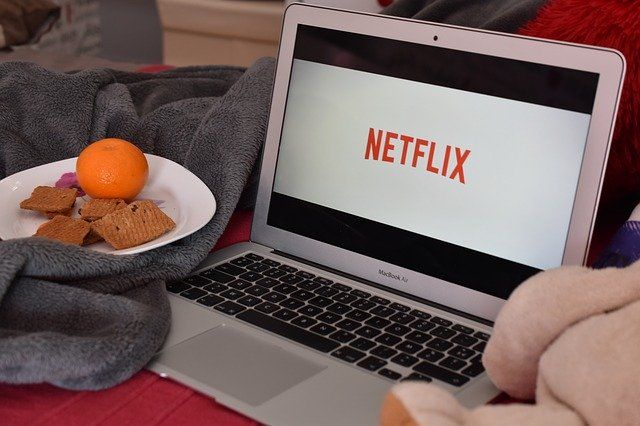There are petty crimes, and then there are serious crimes: for example, our inner compass tells us that dealing cannabis is 100 times more criminal than smoking it at a party.
From helping yourself to a free sample at the pic ‘n’ mix to cycling on the pavement or jaywalking because the alternative would be illogical, everyone breaks the law occasionally.
Grey areas are often to blame. Another excuse is that everybody is doing it. But can we really justify the amount of television we stream without paying for it.
Sharing account details with people outside your household is rife and, according to the Rettighedsalliancen rights association, it won’t be long before the police are asked to enforce the law.
Is sharing worse than not paying?
The grey area in this matter is who is committing the crime? Is it the person streaming television without an account, or is it the account holder who has shared their details.
According to Rettighedsalliancen head Maria Fredenslund, it is the latter, as sharing your account details is a clear breach. Estimates suggest a third of Danish streamers are guilty of doing so.
“There are some user conditions you sign, and you must not forward your account to users you do not live with,” she told DR.
Speaking to Politiken, she predicts it will soon become a matter for the police: “It’s a big problem. And I can well imagine that in the future we will see the police entering these cases in combination with our information efforts.”
Analyst: First target those who steal logins
According to Claus Bülow Christensen, a media analyst, there are a bigger fish to fry first: those who steal and then pass on login details.
“These are companies that professionally trick people into handing over their passwords – it takes place in such a controlled manner that the users often do not even discover it themselves. And then these companies resell logins on websites that may look legitimate,” he told DR.
“It happens in quite a big way, and the theft of logins is decidedly punishable.”
Streamers favour the carrot, not the whip
However, Christensen is not convinced the streaming services will rush into prosecuting people illegally watching their output. They are, after all, fans of what they have to offer.
“The overall strategy is that they would rather use the carrot than the whip,” he told DR.
“It is a balancing act that is about preventing the sharing of logins, but at the same time not scaring and irritating the users too much and thus risking losing them completely.”
Instead, Christensen contends that the services will try to incentivise those who do not pay to open their own account.
Streaming services on the record
DR spoke to a number of streamers, and none said they had plans to involve the police.
YouSee said it had no plans to “go the same way as the music industry went in the early ’00s, when they prosecuted their own users” for piracy.
Netflix, which Christensen claims knows “very well” who is sharing logins, says it would never “launch something that feels like tightening the screw. It has to feel like it makes sense to consumers so they understand it.”
TV2 Play claims it will “gradually try different measures and combine them with each other to prevent illegal sharing of subscriptions, and the governing principle will be ‘nudging’” – i.e influencing people’s choices without limiting them.
Finally, while HBO Max did not clarify whether it would involve the police, it said it “is aware that password sharing outside of the household occurs, and that we employ a number of methods to detect and discourage that activity”.














